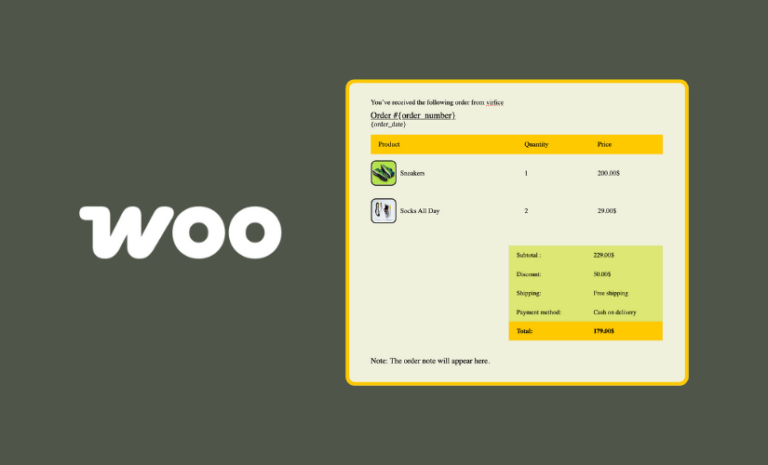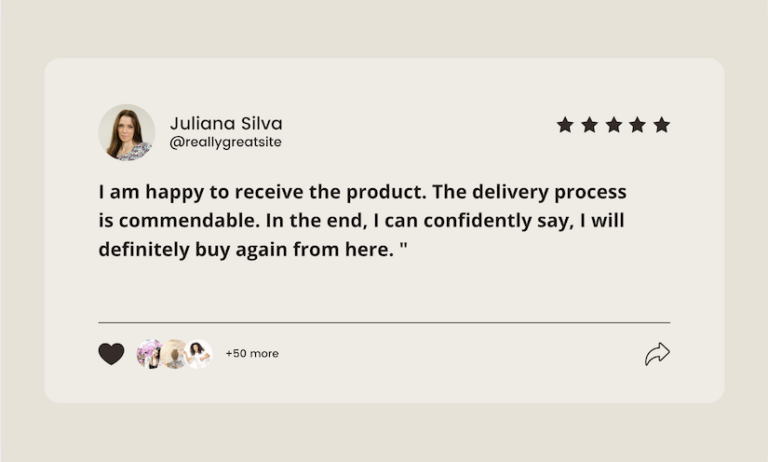Want to boost eCommerce sales using social proof? Explore these proven strategies to build trust, increase conversions, and turn hesitant shoppers into loyal customers.
Social proof is a powerful psychological principle that influences buying decisions. When potential customers see others purchasing, reviewing, or endorsing a product, they are more likely to trust the brand and make a purchase themselves.
From customer testimonials and user-generated content to influencer endorsements and real-time purchase notifications, leveraging social proof effectively can transform an eCommerce business. It not only builds credibility but also fosters a sense of community and urgency, encouraging hesitant shoppers to take action.
In this article, we’ll explore the different types of social proof and how you can strategically use them to maximize conversions, boost sales, and create a loyal customer base. Whether you’re running a small online store or managing a large eCommerce brand, understanding the power of social proof can give you a significant competitive edge.
How Social Proof Influences Customer Purchase Decisions
Social proof plays a crucial role in shaping consumer behavior. When shoppers see others endorsing a product—whether through reviews, social media shares, or influencer recommendations—they are more likely to trust the brand and make a purchase.
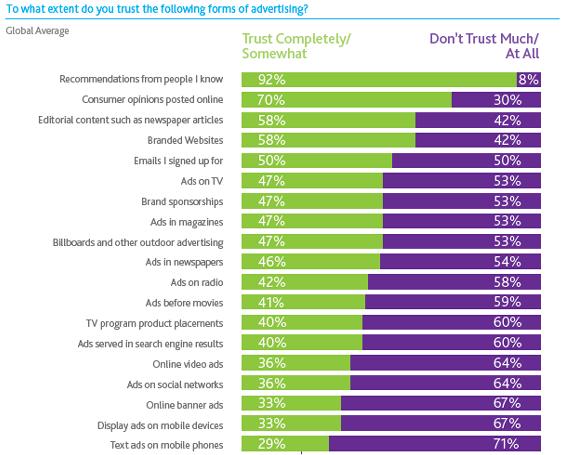
Here’s how social proof influences customer purchase decisions:
- Builds Trust and Credibility: Customers are more likely to trust a product or service if they see that others have had positive experiences with it. Social proof, such as customer reviews, testimonials, or endorsements from influencers, acts as a validation of the brand’s claims. For example, seeing a product with thousands of 5-star reviews reassures potential buyers that the product is reliable and worth purchasing. This trust is especially crucial for new or lesser-known brands trying to establish themselves in the market.
- Reduces Perceived Risk: Purchasing a new product or service often comes with a level of uncertainty. Social proof helps mitigate this risk by providing evidence that others have successfully used and benefited from the product. For instance, case studies, user-generated content, or before-and-after photos can demonstrate real-world results, making customers feel more confident in their decisions. This reduction in perceived risk is particularly important for high-involvement purchases, such as electronics, software, or luxury items.
- Creates a Sense of Urgency: Social proof can trigger a fear of missing out (FOMO) by showing that others are actively engaging with a product or service. For example, notifications like “50 people are viewing this right now” or “Only 3 items left in stock” create a sense of urgency, encouraging customers to act quickly to avoid losing out. This tactic is especially effective in e-commerce, where limited-time offers or low-stock alerts can drive immediate purchases.
- Enhances Customer Engagement: Social proof encourages interaction and engagement by making customers feel like they are part of a larger community. For example, featuring user-generated content, such as photos or videos of customers using a product, can inspire others to share their own experiences. Similarly, showcasing how many people have purchased, subscribed, or followed a brand can create a sense of belonging and encourage participation. This engagement not only strengthens the relationship between the brand and its customers but also fosters loyalty.
- Increases Conversion Rates: Ultimately, social proof drives action. When potential customers see that others have made a purchase and are satisfied with their decision, they are more likely to follow suit. For example, displaying customer reviews, ratings, or the number of units sold on a product page can significantly boost conversion rates. Additionally, leveraging social proof in marketing campaigns, such as highlighting celebrity endorsements or showcasing customer success stories, can persuade hesitant buyers to complete their purchase.
Understanding these psychological effects allows eCommerce businesses to harness social proof effectively and drive higher sales.
How to Boost eCommerce Sales Using Social Proof
Here are some proven strategies to utilize social proof to enhance your eCommerce business and drive conversions.
Display Customer Reviews and Ratings
Customer reviews and ratings are powerful forms of social proof. Shoppers trust peer recommendations more than promotional messages from brands. Adding star ratings and detailed reviews on product pages enhances credibility.
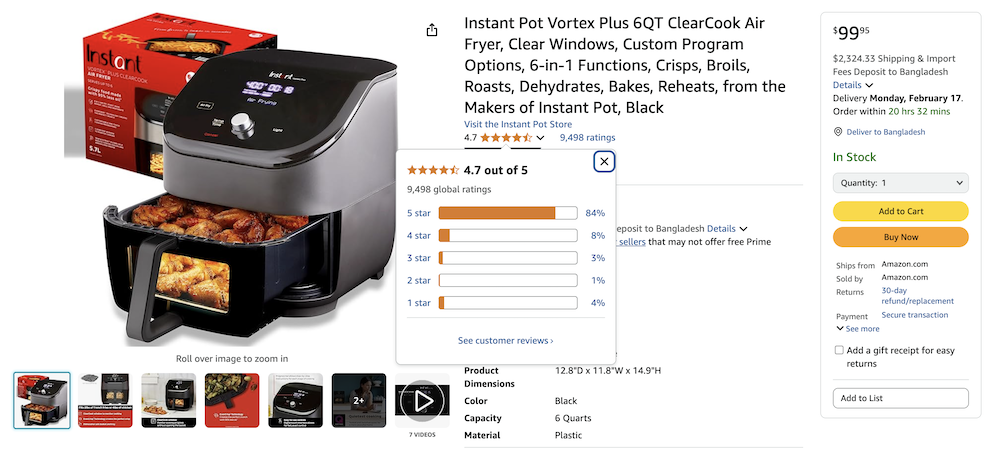
Highlighting positive reviews with images or videos increases authenticity. Encouraging customers to leave reviews by offering incentives such as discounts or loyalty points helps generate more feedback.
Showcase User-Generated Content
User-generated content builds trust and engagement by showing real people using your products. Featuring customer photos and videos on product pages and social media increases credibility. Creating a branded hashtag and encouraging customers to share their experiences fosters community engagement. Running contests and giveaways motivates users to generate content and share their stories.
Highlight Best-Sellers and Trending Products
Displaying best-selling and trending products reassures potential buyers that others are purchasing these items, reducing hesitation. Labeling popular products as “Best Seller” or “Trending Now” provides social validation.

Using dynamic widgets to show real-time purchases increases urgency. Including a “Customers Also Bought” section helps drive additional sales.
Leverage Influencer Endorsements

Influencers have built strong credibility with their audience, making their recommendations highly effective. Partnering with influencers relevant to your niche enhances brand trust. Sharing influencer testimonials and videos on your website provides authentic endorsements. Collaborating with influencers to create compelling product demonstrations helps attract new customers.
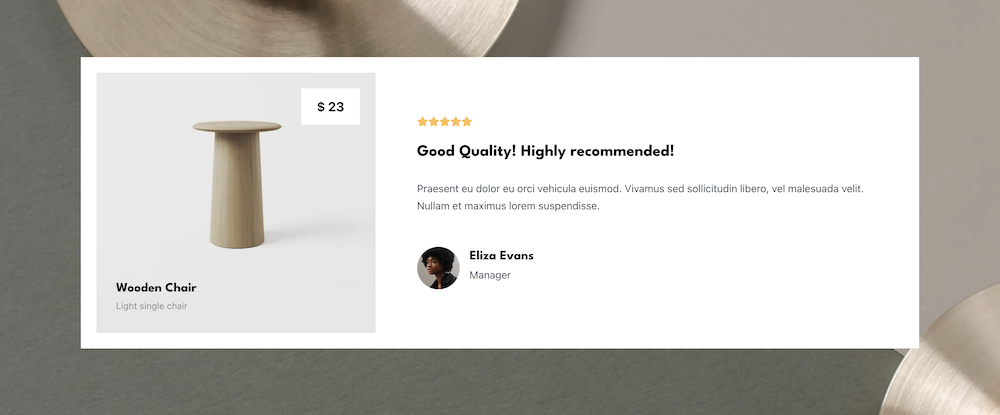
Celebrity and expert endorsements significantly boost credibility and influence purchase decisions. Highlighting endorsements from industry experts, thought leaders or celebrities enhance brand image. Displaying media mentions or features in well-known publications establishes authority. Using video testimonials from recognized figures in your industry adds authenticity.
Display Real-Time Purchase Notifications
Real-time purchase notifications create a sense of urgency and FOMO (fear of missing out). Showing pop-up notifications of recent purchases on your site reassures visitors about product popularity. Mentioning the location of the buyer adds authenticity, such as “John from New York just bought this item!” Using tools like FOMO or ProveSource automates notifications for a seamless experience.
Showcase Customer Testimonials and Case Studies
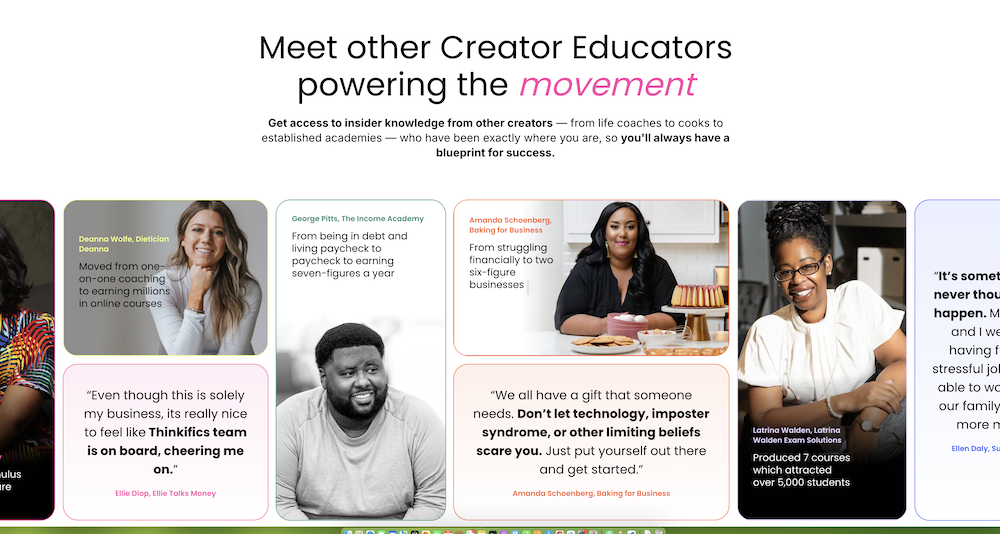
Detailed testimonials and case studies help build credibility and demonstrate how your product solves real problems. Adding video testimonials from satisfied customers enhances trust. Publishing in-depth case studies on how customers benefited from your product provides concrete proof of value. Using trust badges from recognizable third-party review sites like Trustpilot increases confidence.
Leverage Social Media Mentions and Shares
Customers who see products being discussed and shared on social media are more likely to trust and buy them. Featuring positive customer comments and tweets on your website reinforces brand credibility. Embedding social media feeds displaying user interactions with your brand increases engagement. Showing follower count and engagement metrics strengthens brand trust.
Create a Loyalty and Referral Program
Referral programs leverage trust between friends and family to drive new customers to your store. Offering rewards or discounts for customers who refer others encourages word-of-mouth marketing. Showcasing success stories of customers who benefited from the referral program strengthens its appeal. A well-structured loyalty program increases repeat purchases and customer retention.
Display Trust Badges and Certifications

Trust badges and security certifications assure customers that your store is legitimate and safe to shop from. Adding SSL security seals and payment badges, such as PayPal, Visa, and Mastercard, increases trust. Displaying badges from reputable organizations like the BBB (Better Business Bureau) or Google Trusted Store reinforces credibility. Highlighting money-back guarantees and return policies eases customer concerns and reduces purchase hesitation.
Utilize Live Chat with Customer Testimonials
Live chat provides real-time assistance while also showcasing positive customer experiences. Displaying customer testimonials within the chat interface enhances trust. Highlighting common positive feedback in automated chat responses reassures potential buyers. Live chat support with past customer success stories increases engagement and conversion rates.
Encourage Video Reviews from Customers
Video reviews add an extra layer of authenticity and engagement. Asking satisfied customers to share video testimonials creates a more persuasive narrative. Featuring video reviews prominently on product pages enhances product credibility. Offering incentives for customers to submit video feedback increases participation.
Use Social Proof in Email Marketing Campaigns
Social proof in email marketing boosts trust and conversions. Including customer reviews and testimonials in promotional emails reassures recipients about product quality. Showcasing best-sellers with recent customer ratings encourages purchases. Highlighting influencer endorsements in email campaigns strengthens brand authority. A well-crafted email marketing strategy leveraging social proof increases customer confidence and drives sales.
Conclusion
Social proof influences customer purchase decisions by addressing psychological needs such as trust, risk reduction, urgency, and community. By strategically incorporating social proof into marketing and sales strategies, businesses can effectively guide customers toward making confident and informed purchasing decisions, ultimately driving growth and success. Start implementing these strategies today and watch your sales grow!
Sources:

